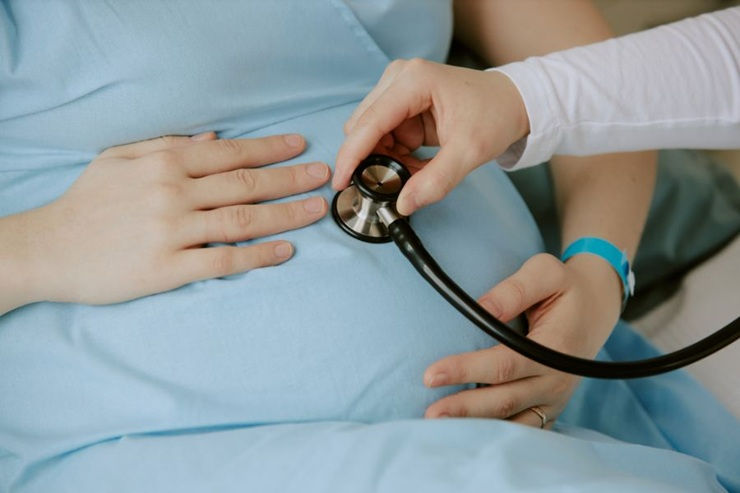Predicting allergy in toddlers
- Feb 17, 2017
- 2 min read

Babies with a rash or wheezing when they are less than 18 months old are more likely to develop allergies later in life, according to our latest research with mothers in Singapore.
New research by Professor Keith Godfrey from our NIHR Biomedical Research Centre, working with our long-term project with women and babies in Singapore, has identified early indicators that could potentially be used to predict and prevent allergies from developing in young children.
Their results, published in the journal Allergy, Asthma and Clinical Immunology, found that babies who had the skin condition eczema or wheezing before they were 18 months old were more likely to go on to develop an allergy as toddlers.
Preventing allergy
Allergies are a widespread and growing problem in the UK, with 50% of children having some form of allergic condition. They include food allergies, hay fever and the most common form of asthma.
Allergies develop due to an excessive immune response, with the body reacting to otherwise harmless substances such as peanuts, pollen or dust mites as if under attack from bacteria, viruses or parasites.
Most people with allergies have mild symptoms such as sneezing, a runny or blocked nose, itchy and watery eyes, wheezing, coughing or a rash, but extreme allergic reactions can lead to anaphylaxis, a life threatening shock response that can lead to loss of consciousness.
Starting young
Because allergies emerge at an early age, predicting which babies are most at risk helps avoid ’sensitisation’ – in which the immune system is exposed to the allergen and starts treating it as a threat.
Almost 850 babies took part in the latest study, undergoing allergy tests for dust mites, eggs, peanuts and cow’s milk at18 months and three years old. Mothers’ answers about their lifestyle, whether they had a family history of allergy and the child's general health were also recorded.
The data revealed that babies who had eczema or wheezing before they were 18 months old were found to be more likely to go on to develop an allergy by the time they were three.
These early indicators could help predict which babies are most likely to develop an allergy, enabling prevention through existing treatments and direct the development of new ones used to catch allergies before they even begin. This approach could have a major impact on the quality of life and health of millions, cutting costs to healthcare and the economy.



Comments